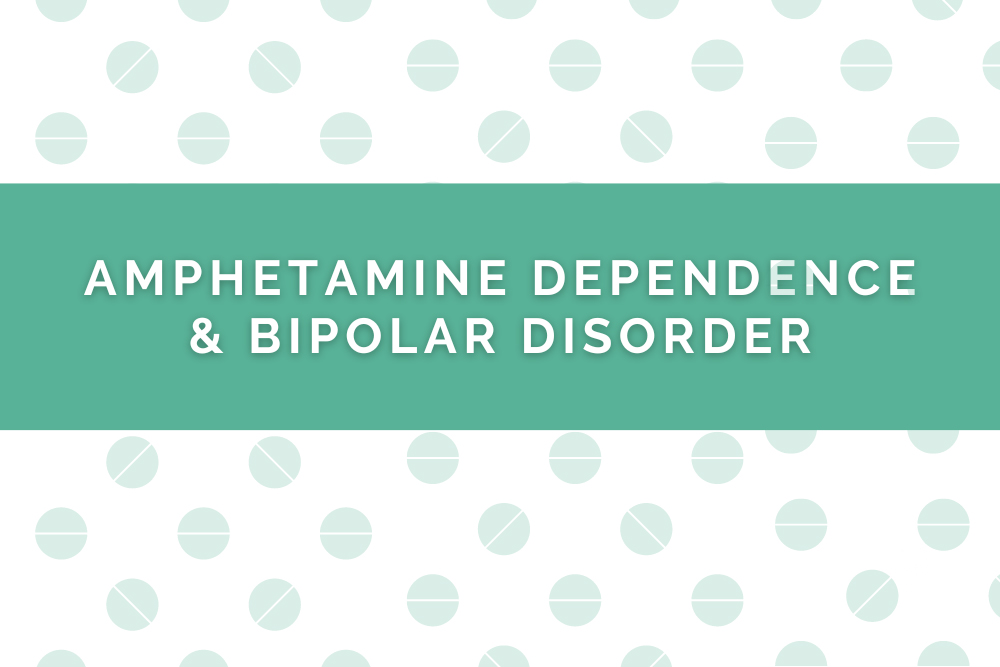Bipolar disorder is a mental illness that causes dramatic, uncontrollable mood swings. People with this condition alternate between bouts of mania and depression, which can disrupt sleep, energy levels, judgment and behavior. Many people with bipolar disorder attempt to manage their symptoms and moods with drugs or alcohol. These may provide temporary relief, but can lead to a co-occurring addiction in the long term.
Since stimulants like amphetamines can cause mania even in people without bipolar disorder, amphetamine use can severely worsen mental health for those who are on the bipolar spectrum.
Why Might Someone With Bipolar Disorder Use Amphetamines?
Life is significantly more challenging for people with untreated bipolar disorder. During bouts of depression, you may be hopeless, apathetic and unable to accomplish anything, including simple tasks. In manic episodes, you can experience euphoria, a sense of invincibility and have grandiose ideas.
Signs of stimulant-induced mania include:
- Grandiosity
- Paranoid delusions, such as believing people are out to get you
- Confusion
- Hallucinations
- Irritability
- Risky behavior
- Impaired judgment
If you have bipolar disorder, you might use amphetamines to regulate your erratic mood swings and help you feel “normal.” However, these drugs are highly addictive, often leading to a tolerance and dependence after only a brief time. That’s why they can be so dangerous to use.
The Risks of Amphetamine Use With Bipolar Disorder
Amphetamines can cause suicidal ideation during bipolar disorder’s depressive or manic episodes. Not only that, but stimulants can also trigger mood swings, making them more intense. People with bipolar disorder who abuse drugs may be more likely to harm themselves or make irresponsible decisions under the influence.
Stimulant use can be a severe setback for those who are already undergoing bipolar disorder treatment, potentially leading them to skip therapy appointments or stop taking their prescription medications. Amphetamines can also cause unpredictable interactions with medicines used to regulate bipolar symptoms.
Healing From Co-Occurring Bipolar Disorder and Stimulant Abuse
If you struggle with bipolar disorder and amphetamine addiction, it’s essential to address both illnesses simultaneously. By identifying the underlying causes of a dual diagnosis, you can gain insight into your mental and behavioral health and learn to navigate life’s challenges without relying on amphetamines. Individual and group therapy will help you understand your unique strengths and vulnerabilities and equip you with tools for preventing a relapse while managing your bipolar symptoms.
You don’t have to grapple with a dual diagnosis alone. The compassionate team at Pine Grove Behavioral Health & Addiction Services is here for you. By meeting rigorous regulatory standards, Pine Grove has earned CARF accreditation. This certification is a hallmark of our ability to provide outstanding care with proven, evidence-based treatment. Based in Mississippi, our center has gained a reputation as one of the nation’s top treatment campuses. Contact our admissions team today to begin your recovery journey.

